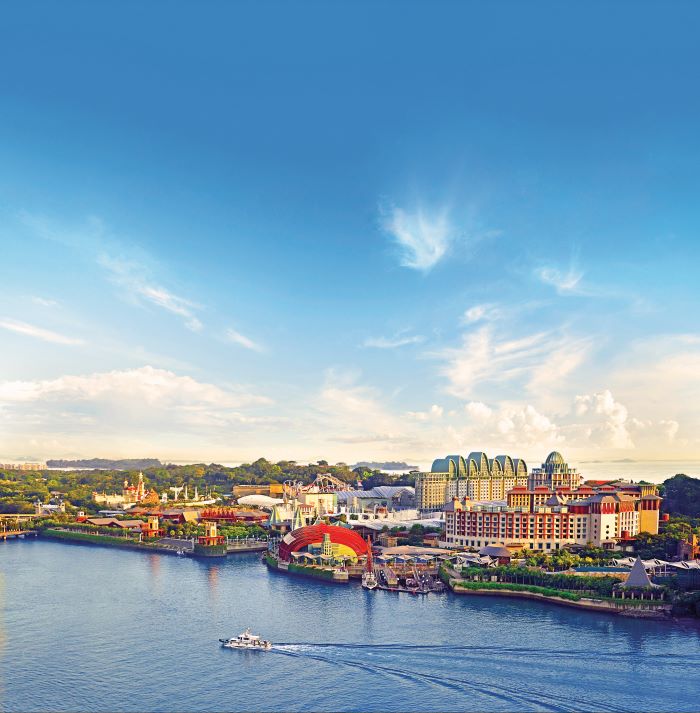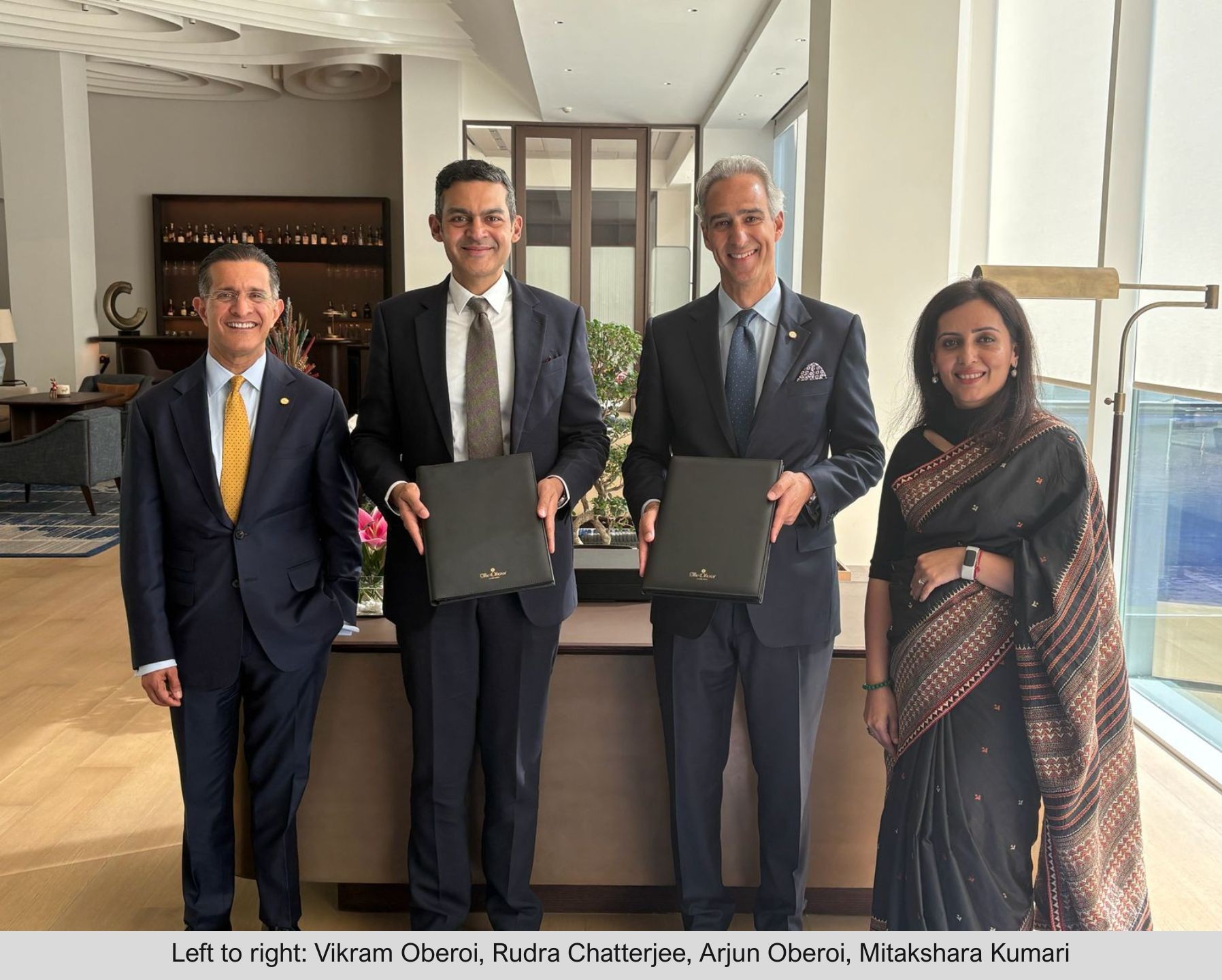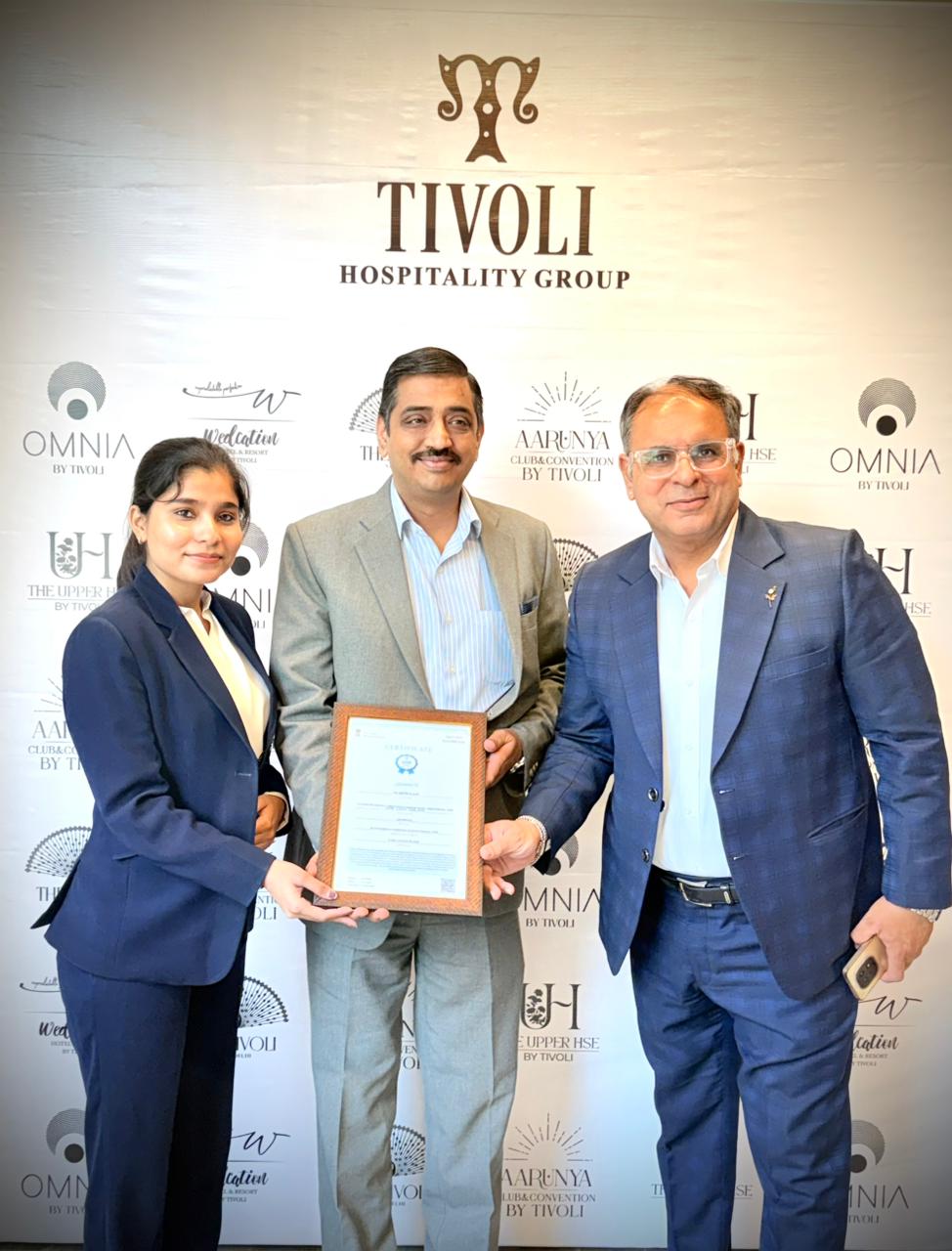Could India become the skill hub for global hospitality economy? Rajan Bahadur, CEO, Tourism & Hospitality Skill Council, underscores skilling and upskilling as the biggest gamechangers.
Q: What skill gaps currently exist in the hospitality and tourism sectors?
A: The two sectors currently face several skill gaps and challenges. There is a notable deficiency in technological proficiency, with many professionals lacking the skills to effectively use advanced technologies such as Artificial Intelligence, Internet of Things, and digital platforms. Enhanced customer service skills are also needed to meet the increasing expectations of guests. Additionally, there is often a lack of proficiency in multiple languages and strong communication skills, which is especially important in regions with diverse clientele. Training in eco-friendly practices and sustainable tourism methods is also insufficient. Management and leadership skills are in short supply, impacting team performance and operational efficiency.
Q: Where do you see opportunities for growth and innovation in the hospitality and tourism industry?
A: Opportunities for growth and innovation in the hospitality and tourism industry lie in sustainable tourism, digital transformation, and health and safety enhancements. Developing eco-friendly practices and promoting sustainable options can attract environmentally conscious travellers. Utilising advanced technologies such as AI, VR, and data analytics can enhance customer experiences and streamline operations. Promoting domestic tourism through unique local experiences and adventure tourism can tap into the growing market of travellers seeking local adventures. Leveraging big data for personalised marketing strategies tailored to individual preferences can increase customer engagement and loyalty, driving growth and innovation in the industry.
- Is the subcontinent headed to become the supply chain for skills in the hotels across the world?
A: The subcontinent, particularly countries such as India, is well-positioned to become a crucial supply chain for skills in the international hotel industry. With its large, youthful population and a growing focus on skill development in the hospitality sector, the region has the potential to meet the increasing demand for trained professionals worldwide.
THSC has enrolled more than 1.5 million youth and successfully certified over a million. With a network of over 1,000 institutes, 100 colleges, and 2,000 industry units, THSC aims to create a robust, industry-aligned skilling ecosystem to promote the tourism and hospitality sector. Our 1,000 training centres impart training to urban and rural youth. Of these , 150 centres offer student-funded programmes, which are directly linked with industry, providing employment or apprenticeships.
Q: Can you highlight some of the key training programmes or initiatives that the THSC offers?
A: Formed as part of the Skill India mission and under the umbrella of the Ministry of Skill Development and Entrepreneurship, THSC has an independent Governing Board, comprising representation from the government, industry partners and industry a ssociations.
THSC is actively collaborating with government initiatives and central ministries on schemes such as PMKVY, DDUGKY, NULM, Seekho aur Kamao, and Sankalp. It has undertaken the following initiatives:
- Developed 67 NSQC-approved qualifications in alignment with industry partners
- Developed adventure tourism courses to meet market requirements and prepare a pipeline for future industry demand, with a focus on domestic tourism
- Partnered with international organisations such as the American Hotel Lodging and Education Institute (AHLEI) to offer globally recognised courses.
- Created participant handbooks and e-content that reflect evolving industry requirements
- Introducing many courses aligned with the hospitality industry, such as Assistant Chef, Food & Beverage Service Associate, Customer Service Executive (Meet & Greet), and Guest House Caretaker, among others to help youth excel in the hospitality sector
- Introduced courses such as homestay host, tour guide, walk tour facilitator, and travel guide and incorporated skills like basic accounting, and social media promotion to help young people start their businesses and promote domestic tourism
About the author
An extensive cross-industrious exposure of over 35 years, has credited Rajan Bahadur with rich management experience and strong leadership skills from sectors such as FMCG, travel and tourism, financial services, hospitality and social sectors. In his capacity as the CEO of Tourism & Hospitality Skill Council (a PPP under Ministry of Skill Development and Entrepreneurship, Govt. of India), his vision is to bridge the increasing gap in the skill ecosystem.
“Developing eco-friendly practices and promoting sustainable options can attract environmentally conscious travellers.”
- Top hospitality trends
- Sustainable tourism
- Technology integration
- Personalisation
- Health & wellness
- Bleisure travel
- Local experiences
- Mobile and contactless services
- Alternative accommodations
- Work-from-anywhere
- Experience economy
Most crucial skills for hospitality professionals
- Strong communication: Essential for interacting effectively with guests and colleagues
- Customer service: Paramount for ensuring positive guest experiences and fostering loyalty
- Adaptability & problem-solving: Vital for handling the dynamic and unpredictable nature of the industry
- Cultural awareness & sensitivity: Important for catering to a diverse clientele
- Technological proficiency: Necessary for using digital tools and platforms to enhance service delivery
- Leadership & teamwork: Critical for coordinating with various depts to provide seamless service
- Multitasking: Employees often juggle multiple tasks altogether to ensure smooth operations










